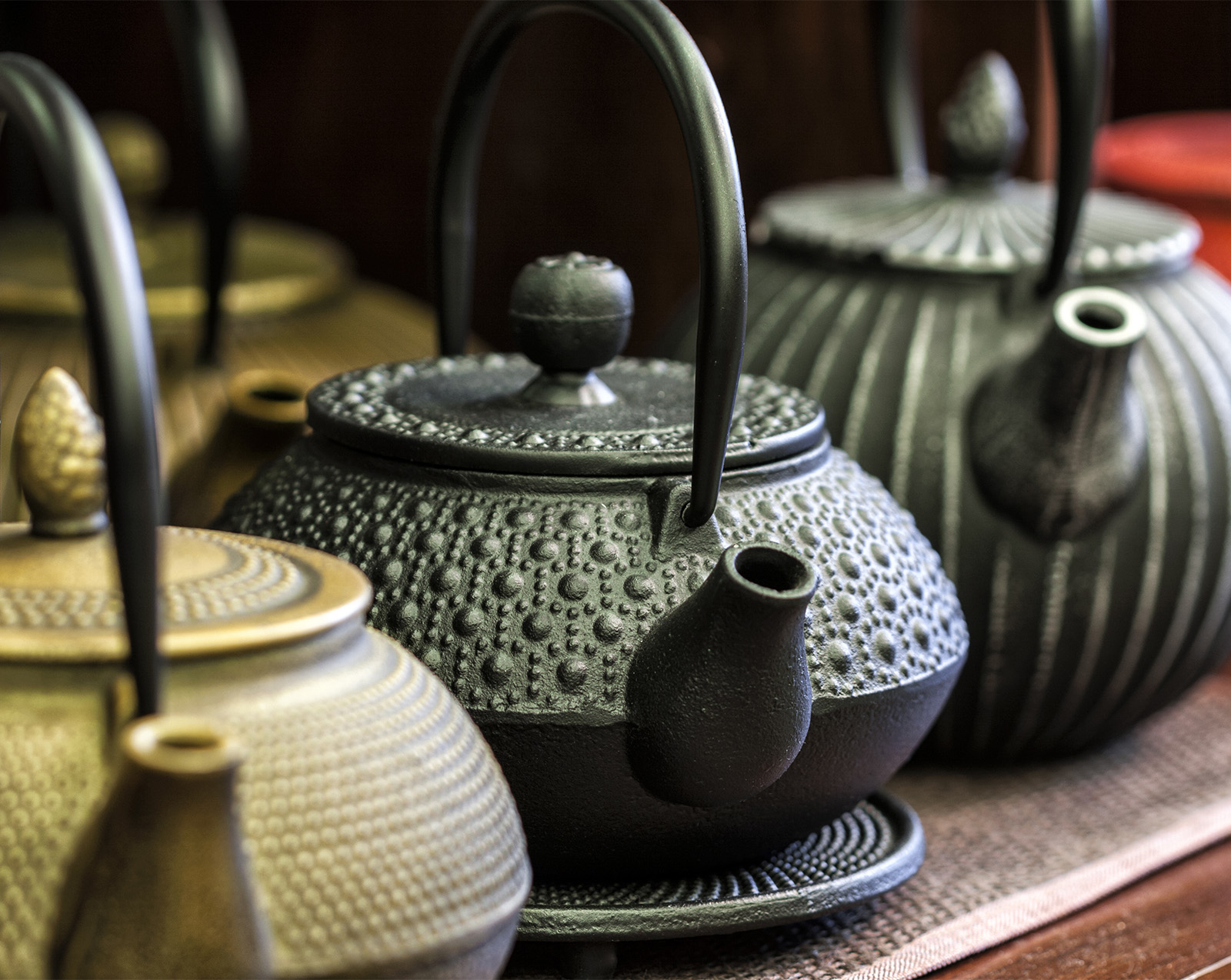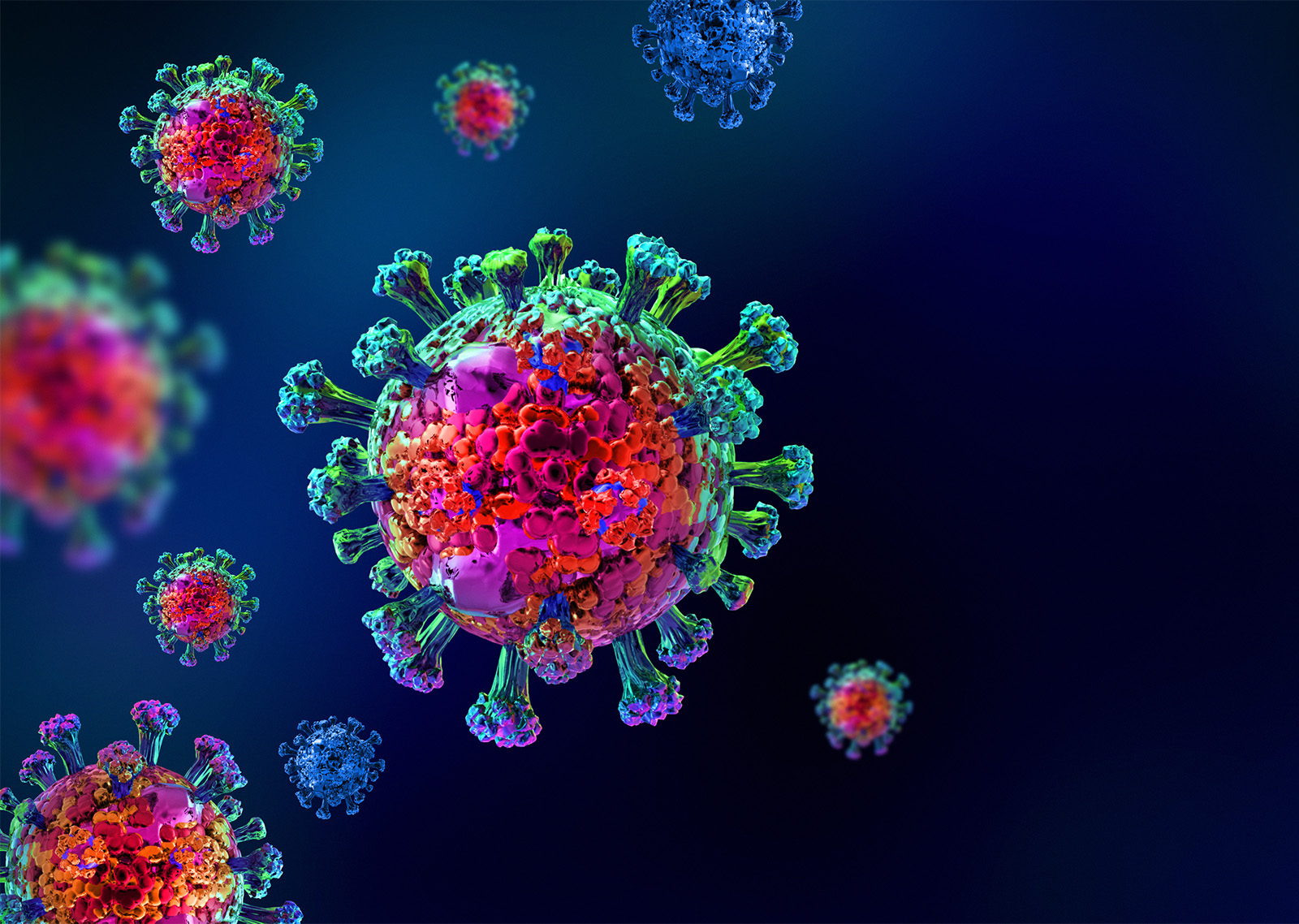©2014-2026 Penscott Management Corporation. All rights not expressly granted herein are reserved. The APO E Gene Online Program™ and the APO E Gene Program™ are part of the APO E Gene Diet®, which is a registered trademark of Penscott Corporation.
Information on this website is intended for informational purposes and is not a substitute for medical advice, diagnosis, or treatment. Learn more.
Anxiety is a common disorder which millions of people deal with every day. Post COVID-19, anxiety disorders have had a huge surge, however only a very small percentage of people will seek help, learn the source of their anxiety, or get effective treatment.
Symptoms can be as simple as always being on the go, unaware of the anxiety that is driving a need to rush and accomplish; or so extreme that a person can’t even leave their home. Many people are taking medication simply to get though the day. Most people with anxiety are in a non-conscious state of reaction, far removed from a state of calm, composed awareness that would allow them to pause and consciously — appropriately — respond to the world around them.
Today, as we face the epidemics of SARS-2 and COVID-19, the medical world is watching and waiting to learn the aftereffects of these infections on survivors. A 2020 study shows that approximately 1/3 of COVID-19 survivors had been diagnosed with some sort of neurological disease or mental health condition. While anxiety and mood disorders were the most common side effect of post COVID-19 infection, an increase in stroke levels above the norm was also evident, though to a lesser degree.
A growing concern is how to effectively treat post-COVID survivors. Getting the afflicted back to good health without pumping them with multiple ineffective medications that have many side-effects is the goal.
Let’s take into consideration what people have been through over this horrific time period with the pandemic:
- Just being diagnosed with COVID-19, in and of itself, is a terrifying experience.
- Enduring the infection with all the isolation and challenges that go along with it, takes the experience to yet another level. For many people, isolation from family and loved ones, loss of a job and financial difficulties, along with poor nutritional intake, have all compounded the aftereffects, most especially the neurological and mental health disorders.
Research has confirmed that many new cases of anxiety, growing levels of earlier existing anxiety, or worsening dementia can be directly connected to a post COVID-19 infection. Most people don’t recognize the impact of the anxiety they are experiencing on their health or are unaware of the connection between this and their COVID infection. They just accept it and live with it.
Levels of Anxiety
I see patients who first identify with anxiety when they have an experience called a panic attack. They may have had anxiety for a while, but not recognized it because it has been relatively minor, perhaps manifesting as routine excessive hurrying throughout their day, unaware of the underlying cause of the constant pressure they feel to accomplish things. Sometimes, when an anxious person is pushed by life a little too hard, the anxiety will manifest as an anger disorder.
Other people live day to day chronically concerned about something that could happen or is going to happen. They are constantly projecting into the future and worrying about what could potentially happen to them. Usually, there is some unconscious issue driving this. One day, out of the blue, life can push them in such a way that escalates their anxiety to such an extreme that they find themselves in the ER. It’s here they learn their anxiety levels have led to a panic attack.
The source of a person’s anxiety can be buried deeply in the memory and in the unconscious mind, and a very gentle and effective practice called guided imagery can bring it to the surface, where it can be seen from a different perspective. The APO E Gene Online Program has an excellent guided imagery section to help with your health.
I recall a patient who was constantly worried without knowing why. She always had a feeling that something negative was going to happen to her. I led her through a guided imagery process in which she discovered herself as a young child, sitting on the toilet. She was facing a window and every now and then, as she sat there, she saw something that looked like a hand coming across the window. Becoming more and more afraid of what this might be, she jumped off the toilet and ran to her mother, who was more interested in pulling up the underwear that was still around her daughter’s ankles, than hearing her daughter’s story of what she had seen. After she came out of the guided imagery, I had her call her mother. Her mother immediately remembered the situation. The hand her daughter had imagined was the small branch of a rose bush that was waving in the wind. Through the frosted glass of a bathroom, it had looked like a hand to a small child. The explanation was relieving, and my patient felt better after she had spoken to her mother. Her anxiety level reduced significantly from this point on.
Diet and Anxiety/Depression
Anxiety, even depression, can be chemically driven from poor nutritional intake. Not consuming the food your body needs can create chronic imbalance in the body and brain which can lead to mood disorders. Many of my patients have been less attentive to their nutritional intake during the pandemic because of the stress they have been living under. When people are not eating well, and especially when consuming foods that their genetic makeup does not clear well, this becomes a huge contributing factor to their mental health. Working with genetics for over 20 years I see this issue repeatedly, and more so since this pandemic. As this compounding source of mood disorders is often overlooked, I want to look at it a little more closely.
Genetics, Anxiety and Mood Disorders
Becoming aware of your personal genetic map — especially your APO E gene and the MTHFR (Methylene-Tetra-Hydro-Folate-Reductase) gene — and discovering the foods that support your mental and emotional wellbeing can make a world of difference to your mental and emotional state.
Consuming the wrong diet for your APO E gene is a common and yet unrecognized reason for anxiety and mood disorders including depression and dementia. Over recent years, the world of quick fix diets — plans to lose weight, usually in a short time and by consuming an unbalanced diet — has grown rapidly, becoming more and more bizarre in their recommendations. These “one diet fits all” programs are inevitably nutritionally unbalanced, and certainly do not take into consideration whether an individual’s genetic type can consume or clear the foods being recommended, without compromising their health.
While these diets may claim that they are whole and healthy, a close look at the details usually reveals an inadequate or unsubstantial body of research backing these claims. If a patient questions my assertion with respect to a diet they are following, I will show them.
Mood disorders are often connected to an abnormal genetic expression — an abnormal APO E gene, or an abnormal gene, or both.
While the APO E gene transports fat in the body, the MTHFR gene can increase the risk of high homocysteine levels resulting from a person not being able to clear foods containing high methionine levels. Methionine, commonly found in animal protein, can create a whole range of disorders from excessive anxiety, depression, anger, migraines, insomnia, attention deficit disorder (ADD), and chronic fatigue syndrome if a person can’t clear this chemical. Dementia, for example, is much more prevalent in abnormal APO E 4 genotypes.
An Integrative Medicine Approach to Healing Anxiety and Mood Disorders
Many people want to feel better now, or perhaps the source of the problem is out of their hands, and so integrative medicine practitioners may use a medication or supplement to relieve the situation in the short term, while also
working on the source of the problem so that in time the person no longer needs the supplement or medication. This is an integrative medicine approach.
- Tell your story and get help if you need it
See a medical provider who will listen to you, allow you to tell your story, and help you explore what has occurred. Just telling your story is healing and can be a very effective way to begin the healing process. While most allopathic medicine providers do not have the time built into their medical practice to do this, an integrative medicine provider recognizes this as a valuable component of treatment. The average medical practice visit is approximately 6-9 minutes long. To be heard, a patient needs a minimum of 30 minutes.
- Use effective tools to learn what drives the anxiety
If your car was veering out of control, would you just keep driving, or would you stop driving the car, and ask what’s the cause of this? Finding what’s driving your anxiety can bring a whole new perspective to life, as it did for my patient above. Journaling, counseling, yoga techniques, hypnosis, and guided imagery can be helpful.

- Discover your genetic blueprints
Genetic tests, such as for the APO E gene and the MTHFR, can be significant in building a road map out of mood disorders. These are done with a simple blood draw or cheek swab.
- Make dietary and nutritional changes
Making the dietary changes needed, based on your genetic testing results, will very often play a significant role in the healing process.
- Take the correct supplements
Taking the supplements that you personally need, can correct imbalances in the body — and hence mood disorders.
- Integrate simple breathing exercises
Sit quietly, close your eyes, and take three or four slow deep breaths in, and out.
Do you notice a difference in how you feel, already? Your breath is a powerful tool to ease stress and reduce anxiety. There are so many breathing exercises, ranging from simple and complex. Finding a breathing exercise that work for you can be very powerful. Here are two very simple exercises you can practice, right now.
Equal breath in, out: Breathe in through your nose to the count of seven. Breath out through your nose to the count of eight. Repeating this several times can begin to induce a powerful sense of calm.
Heart centered breathing: Direct your attention to the heart area. Breath just a little more deeply than usual — breath in for a count of 7 and out to the count of 8. You may use an image to support your experience.
It may feel difficult breathing so slowly at first, it requires a little practice and attention. You may want to begin counting to 5 and building up to 7 or 8.
Consciously using the breath and activating the energetic system can do amazing things to promote the health of the human body.
Setting aside time for mindful breathing throughout the day, will place your mind and body into a calmer and more coherent state of being and facilitate the ease of access and depth of calm you achieve with each breath. Put some sticky notes around to remind yourself — breathe. In time you will find it becomes second nature.
Another calming option is our signature APO E Just Breath Tea. This tea contains citrus bergamia (bergamot fruit), which is known to lift the mood and ease anxiety. And — taken hot or cold — it tastes delicious.

Managing Your Energy, and Sleep Patterns
Learning how to better manage your energy can lead to better sleep, which in turn can lead to reducing anxiety and mood disorders. Managing your energy can include:
- changing your schedule so you can retire and rise at beneficial times
- simple physical exercises
- breathing practices
- yoga practice
- soothing music
- warm chamomile tea
- a bath or shower before bed, especially when combined with aromatherapy, to promote a restful sleep
Self-Care
Relieving anxiety almost inevitably requires taking some time for quality self-care, time to love yourself a little more, and perhaps to reach out for help. Think of people/places/activities that bring you joy or pleasure that are relaxing, that nurture you. When highly anxious, or depressed, one tends to feel “nothing helps,” but taking this time for yourself, even in the face of “nothing helps,” and allowing yourself to imagine it may just help a miniscule bit, can be hugely important. Massage can be wonderful. Acupuncture can be deeply relaxing. Nature is the natural, ever giving healer, consider stepping into nature, go for a walk or sit in a park or by an ocean or river.

Professional Support
When a mood disorder begins to feel overwhelming or frightening, it is time to seek a professional psychologist or therapist. Don’t allow moods to build beyond manageable levels. If you need support to do this, get the support of a medical practitioner, a friend, or call a lifeline.
Following these recommendations can powerfully impact a person’s health and life. It can be challenging sometimes to even recognize anxiety in yourself. It tends to creep up slowly, such that you become accustomed to the it. Long ago, when I was opening my own medical practice, my anxiety levels grew to a level that I didn’t recognize, but my husband sure did! A much happier and healthier world opened up to me when my husband, Rick, tapped me on the shoulder and said he thought I should see someone about my stress and anxiety. He was so very right. It can take someone else to point this out to you.
The APOE Gene Program offers a wide variety of practices to relieve anxiety and promote a healthier and happier body and mind.
Visit APOEGeneProgram.com or call us (925) 736-8510.





